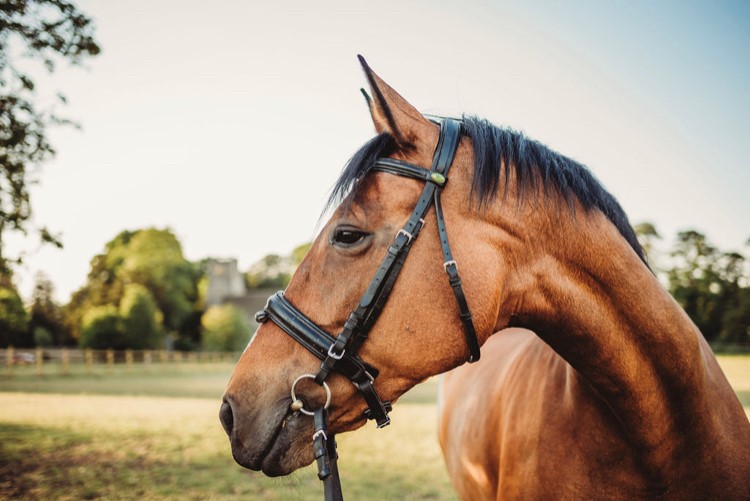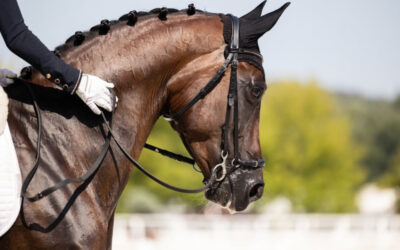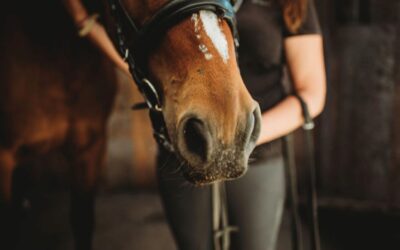Schooling with Perceptual Positions
One of the NLP coaching techniques that I think can provide a great insight for riders is perceptual positions. Perceptual positions is the process of viewing a situation from three different viewpoints. These being, first position where you are looking at the situation from your own perspective, second position where you look at the situation from the other persons perspective and third position where you act as an observer.
The reason I find this technique so invaluable is that as riders it is very easy for us to judge a horse’s behaviour from our own perspective. The majority of riders will have an idea in mind of what they feel would be a desirable way of going for their horse. The difficulty arises when the rider makes an assumption that their horse shares their viewpoint of what the ideal way of going is. Therefore, when a horse does not adhere to this ideal it can be labelled as ‘resistant’ or ‘evasive’.
Its important to understand that your horse is not motivated by acquiring that desirable 70%+ in your dressage test or gaining complements from your coach. Its objective will be to move away from the pressure of the aids in a way that is comfortable for their body. Therefore, if you are not getting the result you are aiming for its not because your horse is trying to ‘get under your skin’ or ‘being difficult’ but more often that there is a loss of clarity in the communication between the horse and the rider. Its a admirable quality in a rider that when they encounter resistance in their horse they look to themselves and their approach to find the solution.
Taking the time out to see things from your horse’s perspective can help you understand your horse’s behaviour and responses. This is not to attribute blame on the rider but more to highlight the responsibility a rider has to continually assess their biomechanics and their aiding system to ensure clarity in their approach. Ultimately as I’m often reminding my riders, if you want better answers learn to ask better questions!
If you want better answers learn to ask better questions






0 Comments